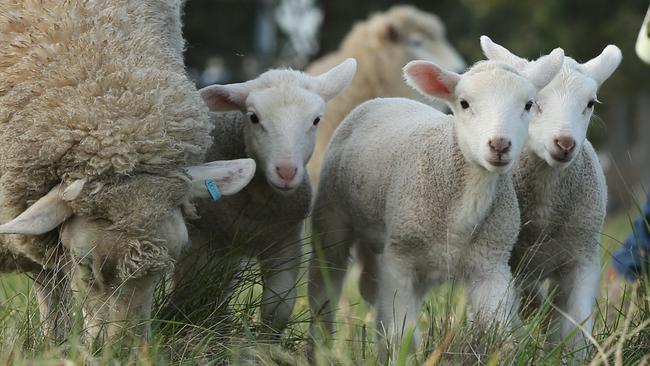‘Landmark’ 68.5km exclusion fencing approved but not for all
‘One of the most major infrastructure projects in our region for exclusion fencing was over 100 years ago.’

Warwick
Don't miss out on the headlines from Warwick. Followed categories will be added to My News.
25 Southern Downs rural residents applied to the council’s $$342,500 pest exclusion fencing but only a lucky few will receive the “landmark investment”.
Just over half will receive the 68.5km of fencing, expected to protect up to 6,656ha of sheep-producing land from pests such as feral dogs.
Southern Downs Councillor Cameron Gow said that given the offering was oversubscribed and sheep producers still eager to grow the industry, Council would explore future funding options for more fencing.
“It is great to see a number of our rural landowners benefit from this funding. We expected the project would be popular which is why equitable criteria was put in place under the guidance and advice of the steering committee,” Cr Gow said.
“A key component of the criteria was for applicants to be willing to give local businesses an
opportunity to benefit from the project through the supply materials, expertise and labour to
build the fences.”
At Wednesday’s council meeting, Cr Gow said going forward would require a huge amount of on the ground work and he thanked the Federal Government for its almost $1 million towards exclusion fencing projects on the Southern Downs.
“Projects of this size, for this reason, don’t come along very often,” he said.
“In fact, one of the most major infrastructure projects in our region for exclusion fencing was over 100 years ago – the dingo spur fence.”
Sustainable Development director Jane Stroud said if for some reason an applicant fell out of the project, the next producer in order of merit would receive the funding.
“Really this is landmark investment in terms of securing the future and economic return from a whole region in our community and it’s very exciting to see this report come forward,” she said.
“As with funding, there’s never enough and sometimes people do miss out, but I do want to acknowledge the great work our farmers and particularly the rural community are doing out there in very difficult times.”


